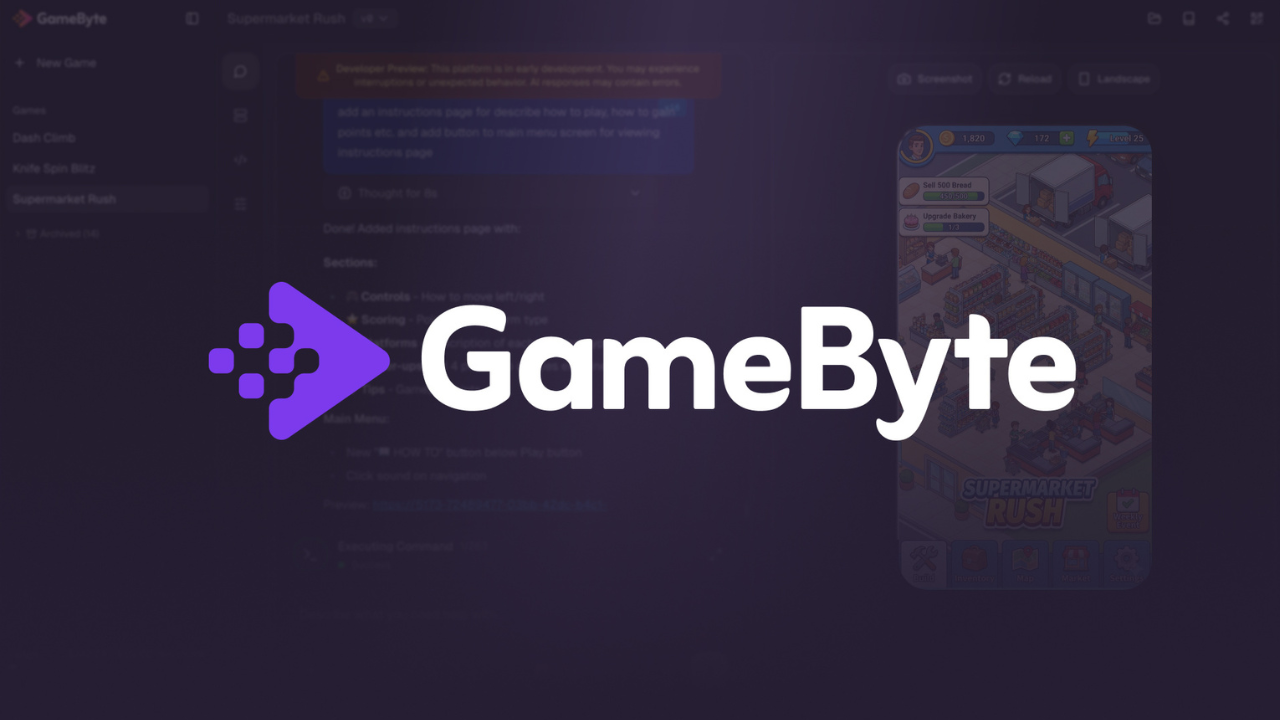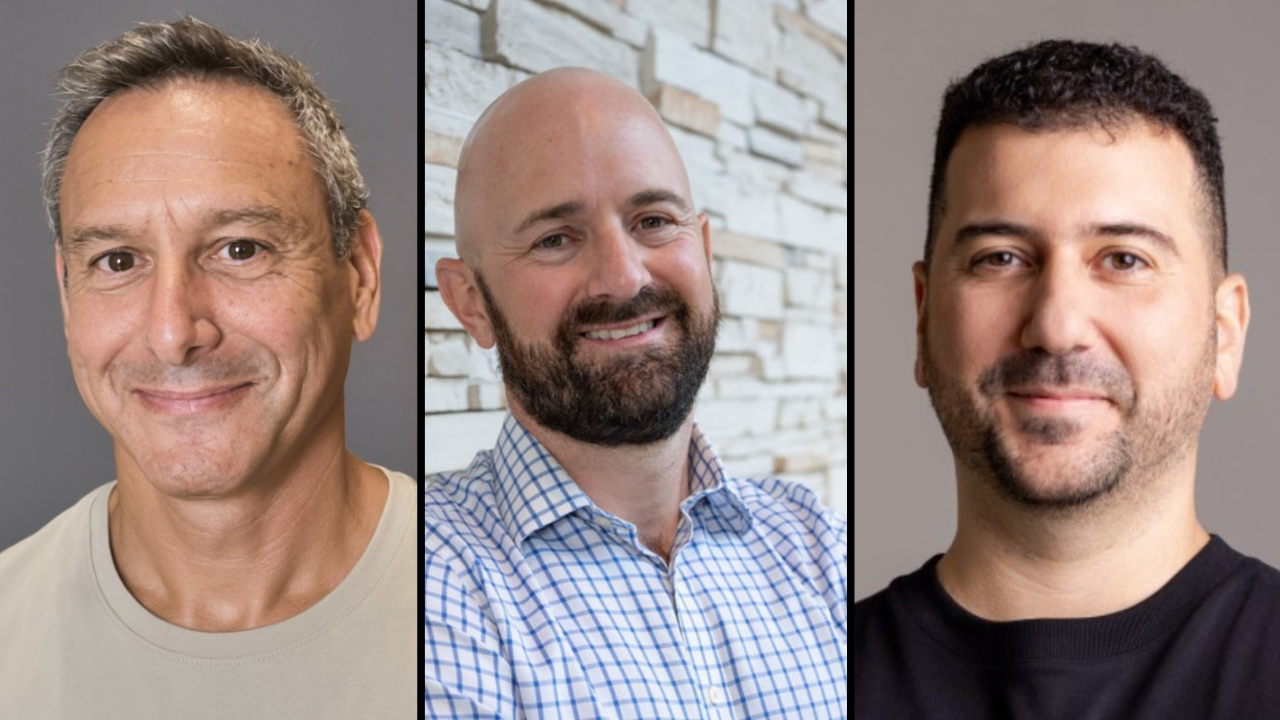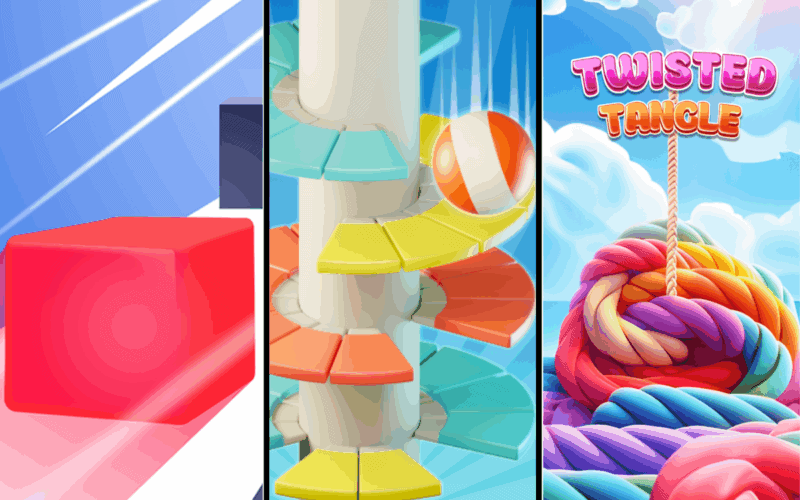Turkiye has always been a nation of gamers. From LAN cafes to street football simulations, from Knight Online to browser-based RPGs, gaming has been a core part of youth culture here.
Even when technology reached Turkiye later than in the West, our curiosity and desire to create never lagged behind. We didn’t just want to play games, we wanted to make them.
I was one of them. In high school, I dreamed of building my own RPG. That’s what led me to study computer science, though my career path shifted later, that ambition never disappeared.
Before Peak Games’ $1.8 billion acquisition and the hypercasual boom, Turkiye’s gaming scene was relatively small. I remember it clearly. I founded Mobidictum in 2015, and back then, there were days when we had no news to cover at all. Today, we report a new investment in the Turkish gaming ecosystem almost every month.
Peak’s acquisition changed everything. It put game development in the national spotlight. For the first time, people across Turkiye saw game studios as legitimate, even lucrative, career paths. The idea of making games and making money became real. But the dream of building games especially, PC games, was still expensive, difficult, and risky.
We’ve had the maker of Mount and Blade, TaleWorlds, a PC success story, but it wasn’t an ecosystem others could easily replicate.
Then, something changed.
Hypercasual arrived.

Suddenly, young talent across Turkiye had a way in. Making a prototype didn’t require massive investment. Publishers were eager. Payments came fast. People could build teams and run studios without waiting years to release a product.
Rollic, one of the earliest movers, doubled down on this momentum, sweeping through Turkiye’s game dev communities. I’ve heard stories of their founders traveling to small towns, meeting developers one-on-one. That kind of hustle shaped a generation.

Hundreds of studios popped up. People learned how to work in teams, build fast, fail faster, and optimize toward results. Some scaled to 40–50 people, becoming full-on prototype machines. Turkiye was now firmly on the map, and Mobidictum grew alongside it, covering the business side of a booming scene.
Of course, it wasn’t without criticism. Many PC developers didn’t see hypercasual as “real” game development. The debates were intense. But mobile studios kept building, pushing the limits, and attracting funding. Within two years, we started to talk about a real ecosystem, still mobile-heavy, but finally there.
And yet, I always knew it: deep down, many of these developers wanted to make PC games. Hypercasual was a means to learn and survive, not the end goal.
As the trend slowed down, many studios pivoted, some toward apps, others toward PC development. Because under the surface, the hunger was still there. We’re a generation raised on Knight Online, Ultima Online, and dream projects. Now, with better tools, a growing talent pool, and an increasingly supportive environment, we’re seeing that dream come back into focus.

Ten years ago, it was almost impossible to build a serious PC game in Turkiye without major resources. Today, with accessible engines, local success stories, and even parental acceptance that “you can earn a living in games,” the tide has turned.
I’m not saying making hypercasual games means you’re ready to build a AAA PC title. But now that the easy money is gone, developers who stay in mobile are doing it out of choice, not trend. And many are choosing PC instead, because finally, they can.
We still have a long way to go. An ecosystem isn’t just a few breakout hits. But thanks to the hypercasual era, and the fact that Turks were so good at it, thousands of people entered the industry. Many are staying, evolving, and pushing toward more ambitious goals.
We’re already seeing the next mini-wave with simulation games. When that too slows down, more developers will move toward deeper, more narrative-driven experiences. Turkiye moves fast and is extremely success-driven.
Let’s see where we are in two years. Because this time, it’s not just about trends. It’s about building something lasting.





